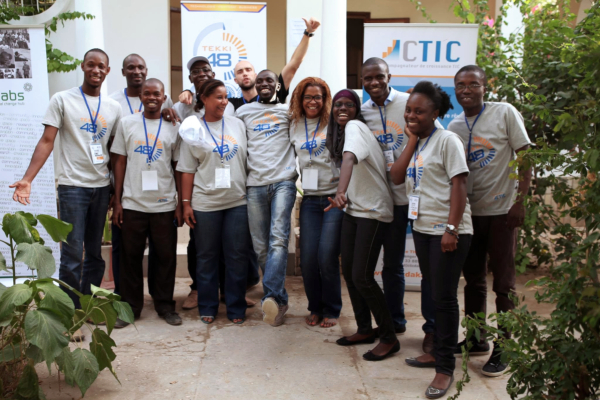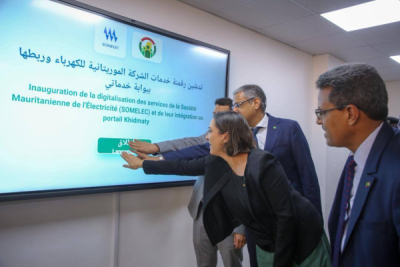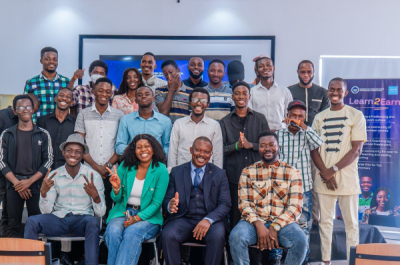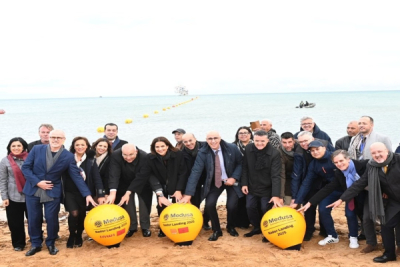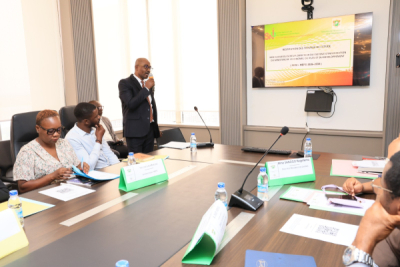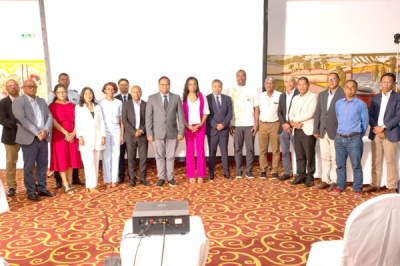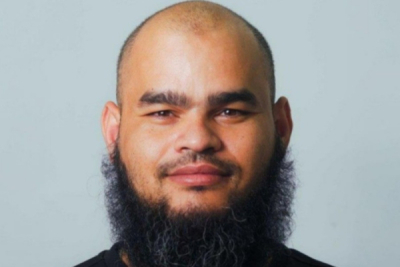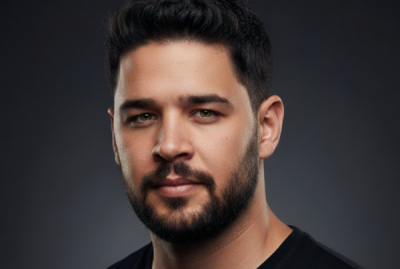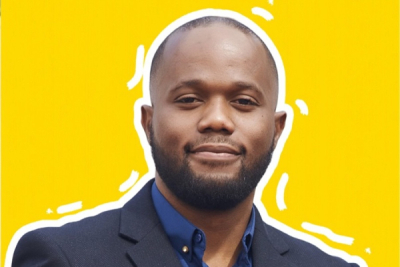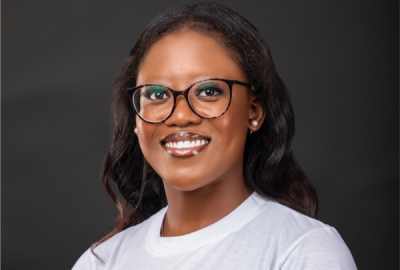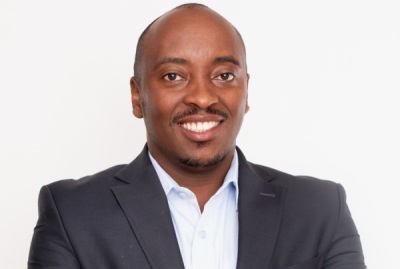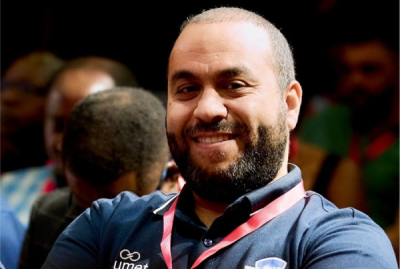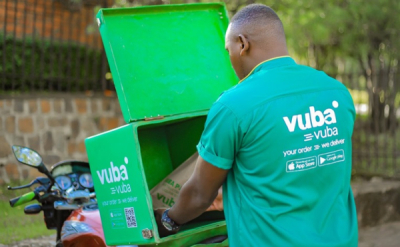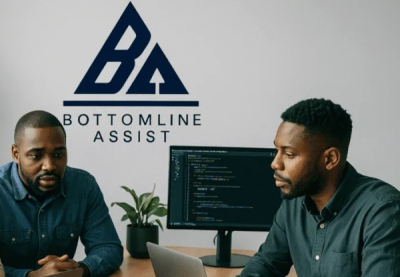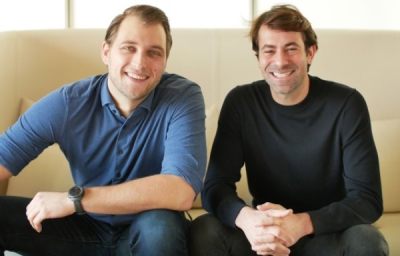CTIC Dakar has established itself as a driving force in the Senegalese entrepreneurial ecosystem. As an incubator and accelerator, it has provided critical support to the country's tech start-ups, helping transform their innovative ideas into successful businesses.
CTIC Dakar is a Senegalese incubator created in 2011. It is the result of a public-private partnership led by FICTIS, the network of ICT incubators operating in Senegal. It aims to foster the development of growth potential SMEs in West Africa.
It is placed under the administrative supervision of the Ministry of Economy and Finance and the technical supervision of the Ministry of ICT. Currently, it is headed by Isidore Mbodji, its Executive Director.
The innovation hub offers a full range of services and programs to support start-ups at each stage of their development. It has three main support programs. The first one, Buntutekki, is a 3- month pre-incubation program that supports budding entrepreneurs from the ideation phase of their project to the business plan and formalization.
The second, Incub'Action, is a tailored 2-year incubation program that aims to mature startups’ economic models, allowing startups to easily conquer markets. The last one, Adduna, is a six-month acceleration program that allows existing companies to develop, and structure operations to reach the next growth stage and attract investors.
In about seven years of operation, the incubator has supported over 176 companies and start-ups. They include M-Louma, which connects agriculture value-chain actors, People Input, an African web and mobile service provider, and the web services company Inaota. It has coached more than 2,400 project leaders and organized more than 1,200 working sessions.
In 2022, the incubator took part in BAM: Empowering African Accelerators, a program designed to enable accelerators and incubators to amplify their impact and support future entrepreneurs in their respective operating regions.
In addition to being an incubator and accelerator, CTIC Dakar is positioned as a real player in the Senegalese entrepreneurial ecosystem. It regularly organizes events (more than 150 already), workshops, and conferences to promote exchanges and collaborations in the start-up community.
Supported by Sonatel, World Bank Group, and Info Dev, among others, CTIC Dakar also plays an active role in promoting technological innovation in Senegal, by encouraging research and development. It also supports ICT initiatives.
Melchior Koba


